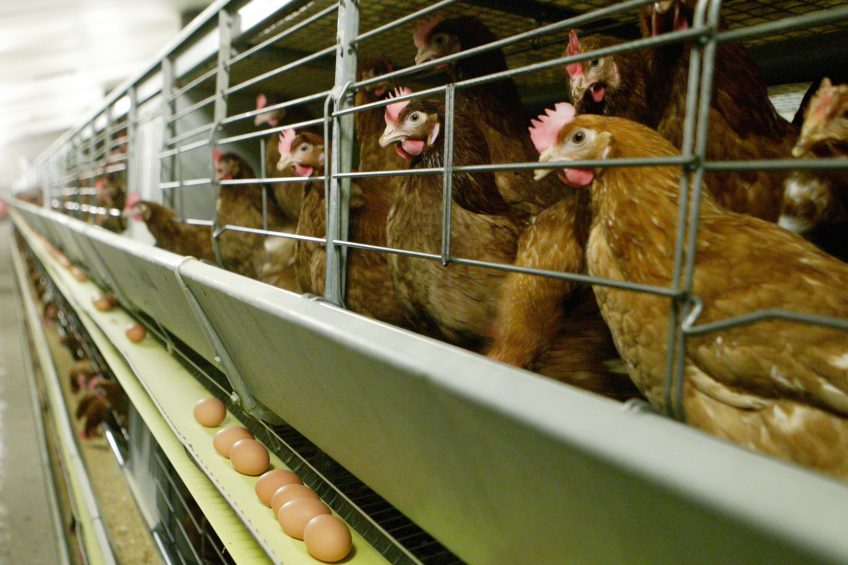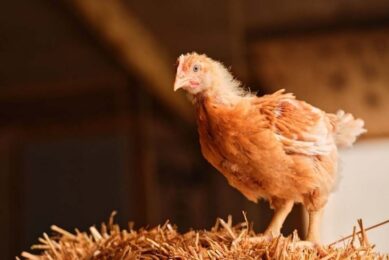Australia: Caged systems under intense scrutiny

Caged systems in Australia are set to become a topic of national debate over the next three months as the government consults on a wide range of poultry welfare issues.
Animal Health Australia (AHA) is seeking views from organisations and individuals on the welfare standards and guidelines covering all 700 million poultry, including layer hens, turkeys, ducks and other fowl over the next 15 years. The AHA has included caged-egg production in its draft consultation.
The RSPCA is demanding that battery cages are phased out, saying that its latest consumer research indicated that 84% of Australians thought cages were cruel. But the egg industry says 70% of Australians still buy caged eggs in supermarkets.
Heather Neil, RSPCA Australia chief executive, criticised the AHA, saying the draft standards were an embarrassment: “These standards are not based on science, are not sustainable, and will not improve farm animal welfare in line with community expectations.
“Nowhere is this more apparent than in the fact that these standards will not commence a phase-out of cruel battery cages for layer hens, despite overwhelming scientific evidence and growing international condemnation of this production system.
“Instead, they proposed to condemn over 100m inquisitive, social and intelligent layer hens to lives of abject misery inside barren battery cages for the next decade or more.”
But John Dunn, Egg Farmers of Australia chief executive, said that while the market was moving towards free-range production, the caged system still took 56% of the market and that 70% of the population still bought caged eggs.
Mr Dunn told ABC News that egg farmers were responding to the rising demand but that “caged eggs are not only the most affordable, but they rate better against a range of animal welfare measures.
“Caged birds live longer, they are safe from predators and experience less disease, meaning they do not require antibiotics,” he added.
The consultation runs for 90 days, closing on 26 February 2018.
Join 31,000+ subscribers
Subscribe to our newsletter to stay updated about all the need-to-know content in the poultry sector, three times a week. Beheer
Beheer








 WP Admin
WP Admin  Bewerk bericht
Bewerk bericht